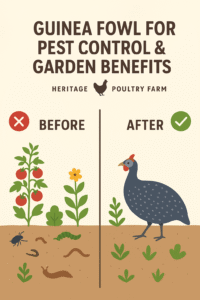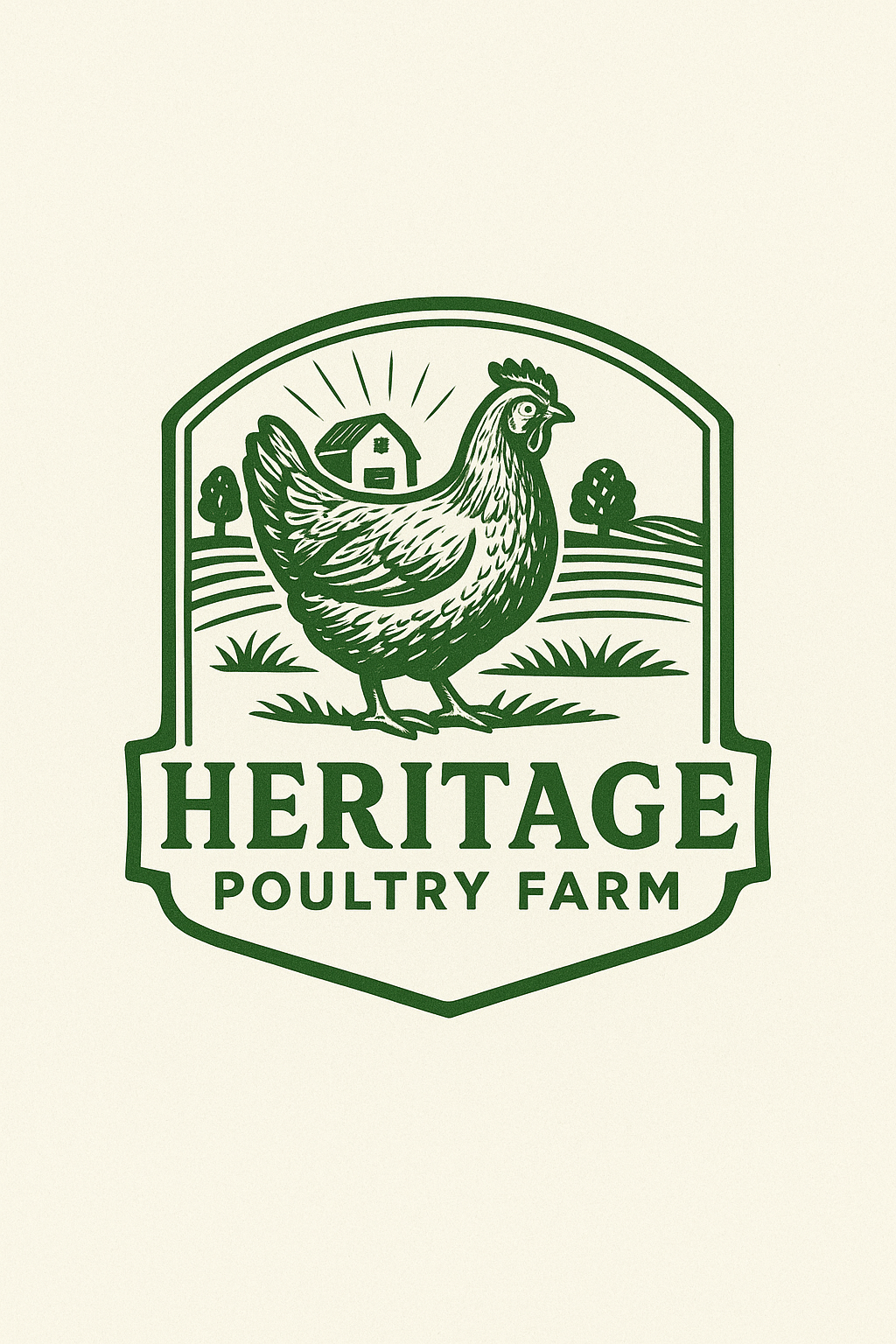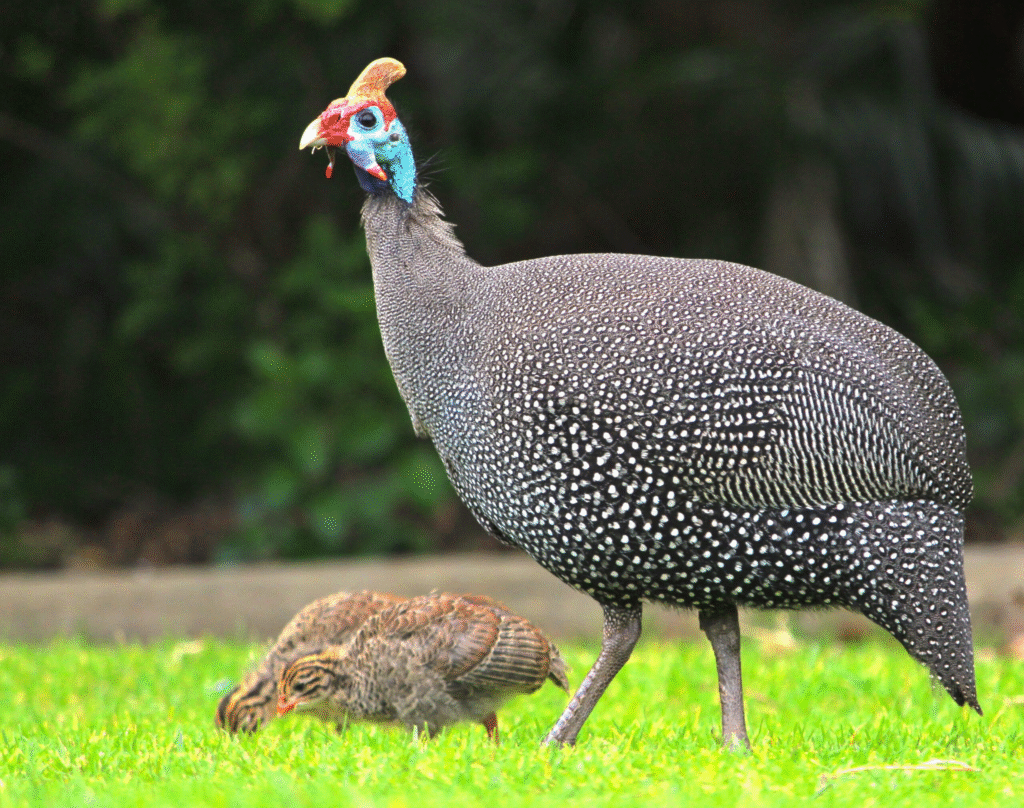Uncategorized
Using Guinea Fowl for Pest Control & Garden Benefits: Practical Tips
Many gardeners dream of a pest-free garden without relying on chemicals. Guinea fowl offer a natural solution, combining alertness, appetite, and persistence in ways few other birds do. At Heritage Poultry Farm, we’ve seen firsthand how guineas can transform a garden, curb pests, and bring both beauty and utility to your land.
What Guinea Fowl Naturally Target
Guinea fowl are fearless foragers. They don’t just peck around; they hunt down ticks in grass and leaf litter, chase grasshoppers, eat beetles, caterpillars, flies, ants, and even slugs or snails. In many gardens, once guinea fowl are established, gardeners notice fewer of those destructive insects that strip foliage or damage vegetable plants. According to backyard poultry experts, guineas consume large amounts of insects while leaving green foliage mostly untouched.
How Guinea Fowl Help Beyond Bug Control
Besides eating the bugs, guinea fowl bring in extra benefits to the garden ecosystem. Their scratching helps dissolve mulch clumps and loosens soil, encouraging water and nutrients to penetrate more deeply. Their droppings are dry and rich in nitrogen and other nutrients, acting like a natural fertilizer. Many homesteaders note that a few guineas around a flower garden or orchard lead to fewer weeds, because guineas will eat weed seeds or small vegetation underfoot without messing up plants the way chickens might.

How to Introduce Guinea Fowl to Garden Spaces
If you’re thinking of using guinea fowl in your garden for pest control, how you introduce and manage them matters. Start with quality keets or young guineas so they bond to the area. Let them range freely where pests are present but ensure they have safe shelter at night to protect from predators. Fencing or netting may be used strategically to keep them out of areas where you don’t want them roaming freely. Also give them supplemental feed, especially when insects are scarce during dry spells or colder months.
Managing Flock Size and Garden Balance
More is not always better. The size of your flock should match the size of your garden or yard. Too many birds in a small garden can lead to digging, scratching, or disturbance of mulch and smaller plants. If the flock is appropriately sized, guineas tend to forage efficiently without causing harm. Gardens with mixed plantings, natural cover, and places to shelter keep guinea fowl active and also reduce stress. Regular observation lets you know if plants are being affected or if pests are dropping off as your guineas patrol.

Limitations and Realistic Expectations
Guinea fowl are powerful helpers, but they are not magic. Extreme pest outbreaks or hard-to-reach areas may still require other controls. Some studies show that guineas do not fully eliminate certain tick populations when penned or not permitted to roam broadly. It’s better to view them as part of a broader pest control plan—one that might include habitat management, reducing hiding places for insects, and maintaining healthy soil. Also, remember they are vocal, roam over large areas, and need protection from predators and shelter. They may damage mulch or tender seedlings if those are unprotected.
Final Thoughts
Guinea fowl are more than ornamental birds; they are hardworking members of gardens and farms. For anyone looking to reduce pesticide use, improve soil health, and manage insect pests in a more natural way, guineas offer real, measurable benefits. Heritage Poultry Farm offers healthy guinea fowl for sale, raised with care and ready to add value to your garden or homestead. If you’re ready to bring them into your flock, we can help with selection, setup advice, and ongoing care so both your birds and your garden thrive.

